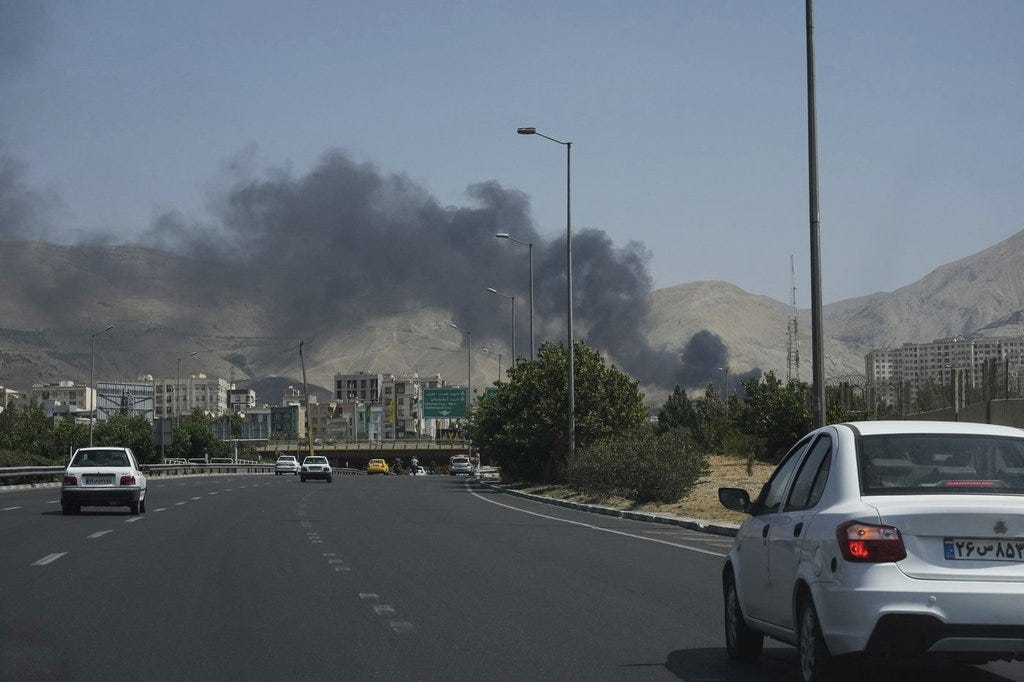Is Iran's turmoil a wake-up call for global human rights?
Un estudiante iraní relató su angustioso escape a Canadá, resaltando la creciente violencia en Irán y el clamor por derechos humanos.
An Iranian student recently shared a harrowing account of fleeing to Canada amid escalating violence in Iran, where reports indicate over 600 dead and thousands wounded. This turmoil arises from citizens’ dissent against a struggling government.
What does this mean for the future of human rights globally?
This conflict raises urgent questions about international actions and the role of the Iranian diaspora.
Consider speaking to a human rights activist for insights on how the world can respond, and a sociologist for the historical context of unrest in Iran. Your voice can help illuminate these vital discussions.
Un estudiante iraní compartió recientemente un relato desgarrador de huir a Canadá en medio de la violencia creciente en Irán, donde los informes indican más de 600 muertos y miles heridos. Este tumulto surge de la disidencia de los ciudadanos contra un gobierno en problemas.
¿Qué significa esto para el futuro de los derechos humanos a nivel global?
Este conflicto plantea preguntas urgentes sobre las acciones internacionales y el papel de la diáspora iraní.
Considera hablar con un activista de derechos humanos para obtener información sobre cómo puede responder el mundo, y con un sociólogo para el contexto histórico del descontento en Irán. Tu voz puede ayudar a iluminar estas discusiones vitales.
Language Notes
A. Vocabulary Boost:
– estudiante = student – El estudiante iraní compartió su relato. (The Iranian student shared his account.)
– violencia = violence – La violencia ha empeorado en Irán. (The violence has worsened in Iran.)
– disidencia = dissent – La disidencia contra el gobierno es fuerte. (The dissent against the government is strong.)
– tumulto = turmoil – El tumulto afecta a miles de personas. (The turmoil affects thousands of people.)
– diáspora = diaspora – La diáspora iraní juega un papel importante. (The Iranian diaspora plays an important role.)
B. Grammar Tip:
– Use of subjunctive mood: In Spanish, the subjunctive is often used to express uncertainty or desires. Example: “Es urgente que hablemos.” (It is urgent that we speak.) This differs from English, where the indicative is commonly used.
C. Real-World Context:
– Cultural note: The phrase “dar la cara” (to face up) is often used in contexts of standing up against oppression, reflecting the cultural value of resilience within challenging political climates, such as in discussions about protests and dissent.




